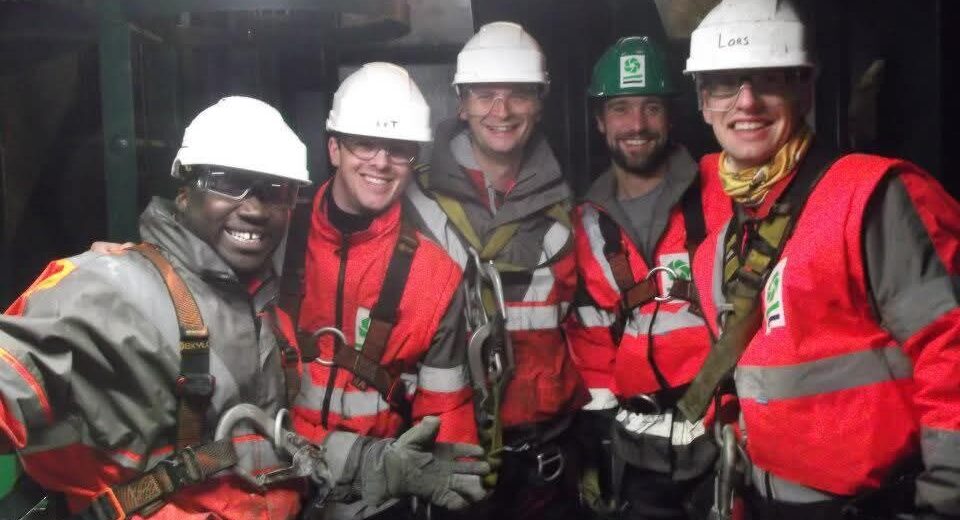
Thinking Home After the Long Stay
Migration has become a defining feature of the African youth experience. For many, the decision to leave is shaped by a powerful confluence of forces: economic pressures and limited opportunities that push them outward, while the allure of possibility pulls them abroad. Yet, amidst this rising trend, one question lingers: what happens to home when its brightest minds are scattered across the diaspora?
Is home still a thought that lingers in their hearts? What does it mean to leave and still belong? To succeed abroad, yet continue to dream in the direction of home? For millions of Africans in the diaspora, the answer lies in a paradox: the further they go, the more they risk losing their identity. Some even grow too shy to claim their roots. And yet, is there anywhere quite like home?
In this mix is Owura Yeboah, a name that echoes with resolve and continental pride. Owura a Ghana Netherlands indigent is on a journey to sparking a renaissance in his home country- Ghana. Today, as the youngest judge on the Energy Awards panel and a seasoned expert in offshore oil, gas, and renewable energy systems, Owura represents a new generation of African diaspora professionals, globally competent, deeply principled, and fiercely committed to the continent that shaped them.
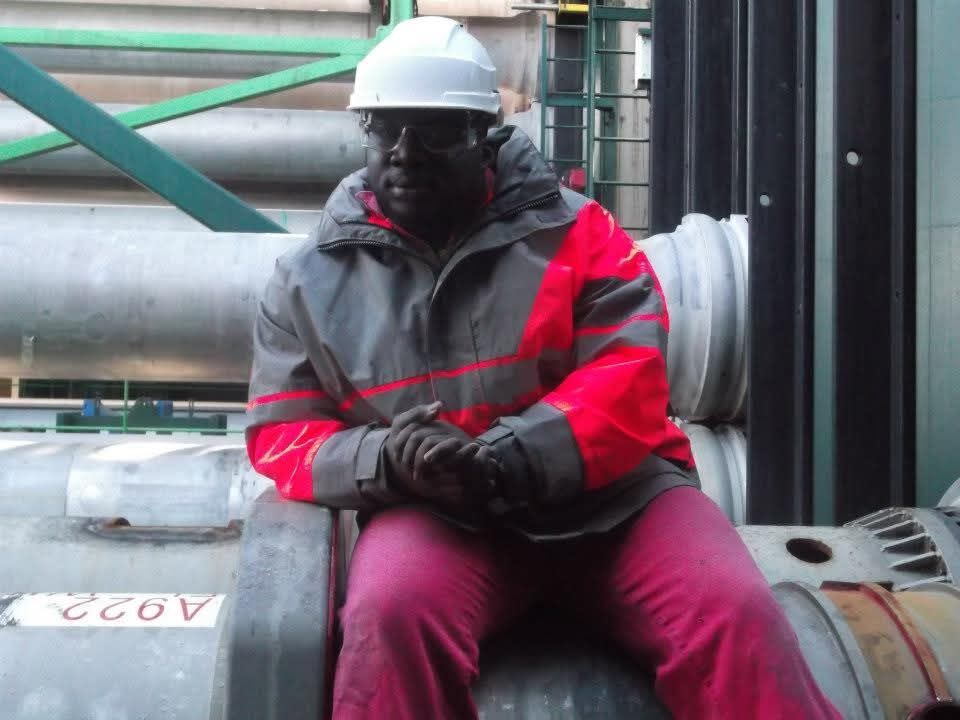
Owura Yeboah expert in offshore oil, gas, and renewable energy systems
Educational Journey: A Shift Sparked by Ghana’s Oil Discovery
Growing up in Ghana, Owura experienced the nation’s persistent power crisis. Between 2012 and 2016, the country endured more than 159 days of nationwide blackouts etched in memory as dumsor. Even today, outages cost the economy an estimated 2% of GDP annually. In the Netherlands, however, Owura encountered the opposite: a society where energy flowed in constant abundance. That contrast ignited his mission to help make renewable power reliable and accessible for every Ghanaian.
Although he began his studies in aerospace engineering at Delft University of Technology, his career-defining pivot came in 2007 when Ghana discovered oil in commercial quantities.
“When I realized Ghana had discovered oil in 2007 and had began extraction in 2010, I was deeply concerned and intrigued. I wanted to be part of that future,” he recalls.
This revelation led him to pursue a Master of Science in Offshore and Dredging Engineering, specializing in ship and offshore structures.
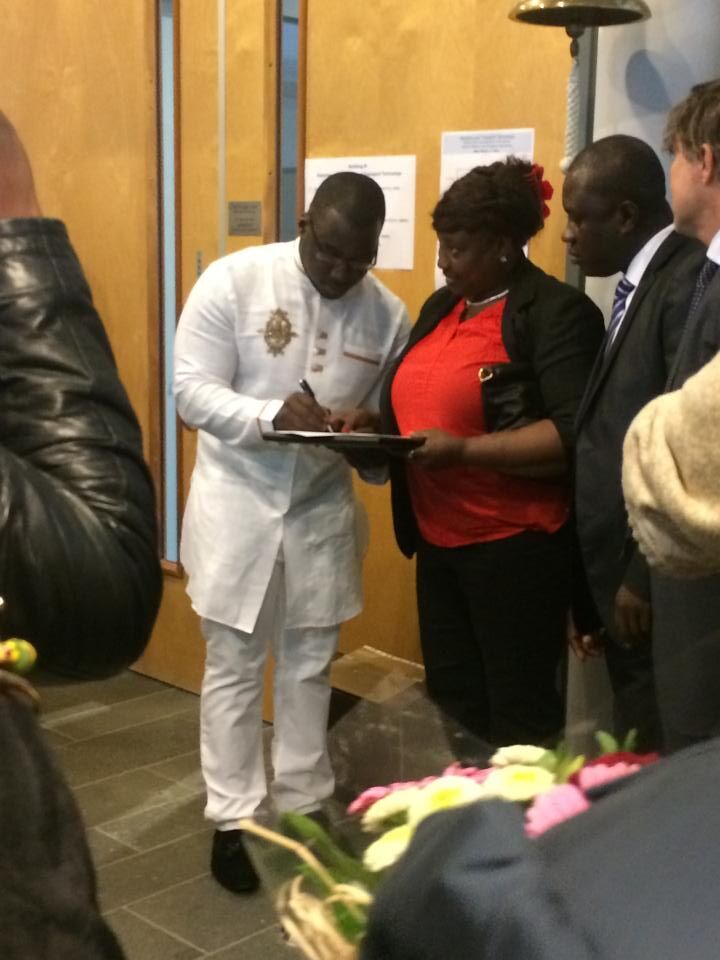
Impact in the Diaspora: Visibility and Voice
At a young age, Owura was selected as one of the youngest judges for the Energy Awards, a global recognition platform for leaders in energy, sustainability and innovation. “It was humbling. I don’t just sit at the table, I bring the voice of the African engineer on board,” he says.
From corporate settings to international conferences, he continues to ensure Africa is not only seen but respected. “Representation matters. When younger professionals see someone like them making decisions at that level, they start to believe they belong too.”
Owura’s career reads like a world map of energy milestones. From structural engineering roles in middle East and Africa, to managerial positions in Europe, he has become a rare hybrid of field technician, strategic negotiator, and cross-cultural leader.
When asked what it takes to thrive in such a high-pressure industry, he says: “Technical knowledge opens the door. But resilience, cross-cultural empathy, and a solution oriented mindset are what keep you in the room.”
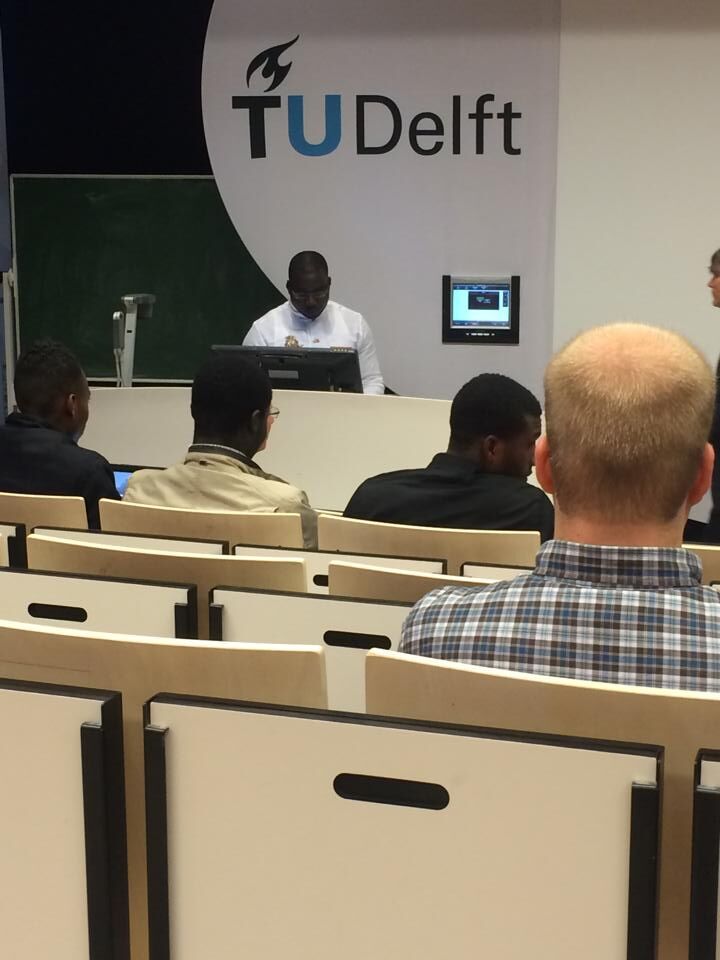
Commitment to Africa: Giving Back Without Borders
Despite his base in the diaspora, Owura’s eyes remain fixed on Ghana. Through the AfroEuro Foundation, he has led migrant integration efforts, organized business forums, and co-headed a renewable energy initiative at the Netherlands-Ghana Business Fair.
“I don’t believe in waiting to return before contributing. You can give back from anywhere through mentorship, partnerships, and knowledge transfer.” He speaks
He is also passionate about mobilizing others in the diaspora.
“I tell young Africans abroad: the continent needs more than your remittance. It needs your expertise, and your innovation”

Thoughts on Pressing Issues: Migration and the Myth of Brain Drain
When asked about migration, Owura offers a nuanced view.
“Migration is a tool, it can be an escape, but also a bridge” he reflects.
For him, the long-standing idea of brain drain, that Africa only loses when its people leave is shifting. “We’re now seeing brain circulation. Many of us abroad are building networks, businesses, and knowledge pipelines that flow back to Africa in meaningful ways.” His words highlight a broader shift in diaspora discourse: migration is no longer only about loss, but about exchange and possibility.
On identity, Owura is equally layered. He acknowledges the spectrum “Some Ghanaians born abroad are actively rediscovering their roots. Others are detached. It’s not about where you were born, it’s about being intentional about who you are and who you want to serve.” In this framing, identity becomes less about geography and more about choice, responsibility, and connection.
For Owura, cultural memory is his anchor. His name, language, food, and music are not just nostalgic tokens but living practices that keep Ghana present in his everyday life.
“My name is Owura Yeboah, no white man is called this so no matter how I try, I can never hide my identity”

Looking Ahead: Legacy and the Next Generation
Owura’s ambitions are far from over. With a new MBA journey at Tuck School of Business at Dartmouth College in the USA. He plans to merge his quantitative aptitude, structured problem solving skills, and experience from the energy industry with business acumen, strategy, policy, innovation and mentorship to help shape the future energy economy of Africa.
But he’s also thinking generationally.
“If I met a 16-year-old Ghanaian student who just saw the FPSO Kwame Nkrumah resurface in the news, I’d say this: That ship is a symbol. Don’t just admire it. Learn, build, lead. Africa needs minds like yours to turn headlines into history.”
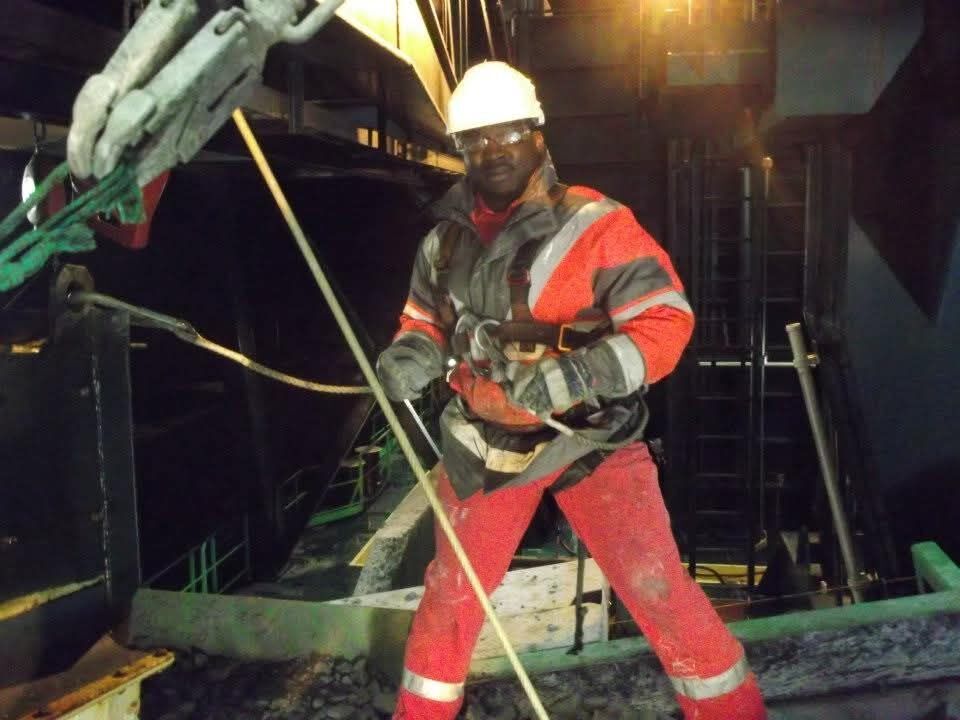
Conclusion
Ultimately, Owura’s journey challenges the simple narrative of exile. It is, instead, a striking statement to a profound return even after a long absence. Although migration has fueled the growth of Ghana’s diaspora and generated vital remittances, it also raises critical questions about how the nation can retain its brightest talent. For migration to be a choice of opportunity rather than necessity, Ghana must focus on creating compelling careers, modernizing infrastructure, and revitalizing its educational institutions.
Owura exemplifies the many diaspora individuals who are proactively using their acquired knowledge to improve Ghana and African as a whole. His initiative highlights a vast potential waiting to be tapped. By fostering formal collaboration between Ghanaian stakeholders and international partners like the Netherlands Embassy, a framework can be created to channel the expertise of Africans abroad directly into national growth. This is the true essence of “thinking home” a force that can spark a transformative change.

Leave a Reply